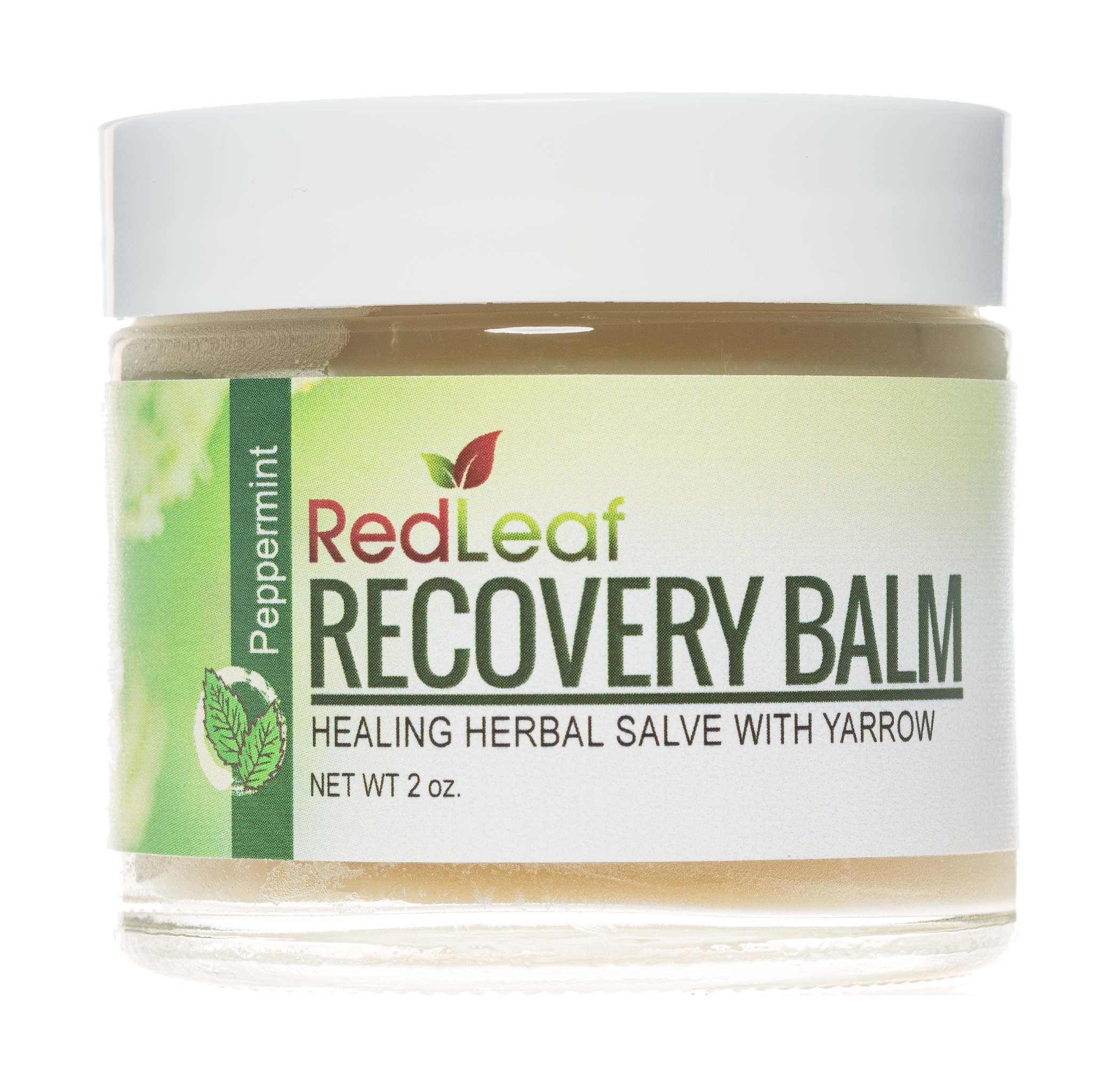Overtraining is a broad category – it can range from non-medical experiences such as lacking motivation or feeling a bit sluggish, all the way to extremely conditions such as rhabdomyolysis (or rhabdo as it is more commonly known). However, it is extremely challenging to know if you are in a state of overtraining which could lead to adrenal fatigue and other medical conditions or simply need a quick mental reset in order to feel motivated and excited about training again. Here are four signs you are overtraining and what you can do to address them before it becomes a serious issue.
Four Signs You Are Overtraining
Your heart rate is altered:
The first sign you are overtraining is one you may not notice at all: consistently unexpected resting heart rate. One important statistic to know about your body is your heart rate variability. You want a high HRV, and if your resting rate is always high or always low, it may be a sign that your body is not adapting to the strain you’ve been putting it under. There are a couple of ways to check for this symptom. One, buy a fitness wearable such as a WHOOP strap, which will not only measure your heart rate but also your heart rate variability. The second option is to take your heart rate before you wake up, and before you go to bed. It will not be nearly as indicative of your overall HRV but it is better than nothing! If you notice it is always high in the morning right after you wake up, when it should be relatively low, that could be a sign you’re overtraining.
You’re sore for many days in a row:
Obviously, if you’re working out hard you’re going to be sore from time to time. However, if you’re sore for more than 72 hours straight in the same muscle group, you may be in danger of overtraining. There are also levels of soreness. A little bit of stiffness in your quads when going up and down the stairs does not mean you’re possibly overtraining. Extreme pain from simply touching your quads? That may be a more important symptom to recognize. If this is you, consider taking a day to do muscle recovery. A device like a Compex or a Theragun could improve blood flow to your muscles and provide needed recovery.
You are having trouble sleeping:
If you’re consistently experiencing symptoms of insomnia, you may be overtraining. Essentially, your body feels like it constantly needs to be in “fight or flight” mode and is unable to relax to the point of sleep. Even if you’re in bed for a full night, you may not be getting restorative sleep. Download a sleep app via the app store, or take a look at a WHOOP strap (sorry to beat the drum – for recovery they are an excellent technology) and see if you’re spending significant time in deep sleep and REM stages. Both are important. If you’re not sleeping well, create an evening routine. Spend time relaxing before getting to bed, read or journal, and practice meditation for a few minutes.
You are always thirsty:
In the summer you’re going to be more thirsty, obviously. If you’re working out and sweating, you both need and want more water. However, if you’re consuming more than one half of your body weight in water and are still extremely thirsty constantly, you may be overtraining. When this happens, you may be in a catabolic state which means your body is actually eating its own muscle. Not exactly the ideal situation for health. It also naturally makes you more dehydrated. Simply taking a day to recover, and perhaps doing a better job of balancing intense exercise with recovery activities, will help you get out of a catabolic state and into a healthier situation for your body.
A quick training reminder…
It’s easy to think all the hard work you do in the gym is the only part of the equation that matters. But let’s remember that you actually grow muscle and improve your health and fitness when you recover from your workouts. Don’t work so hard that you cannot recover from your exercise. Give your body the break it needs and stay away from overtraining.



